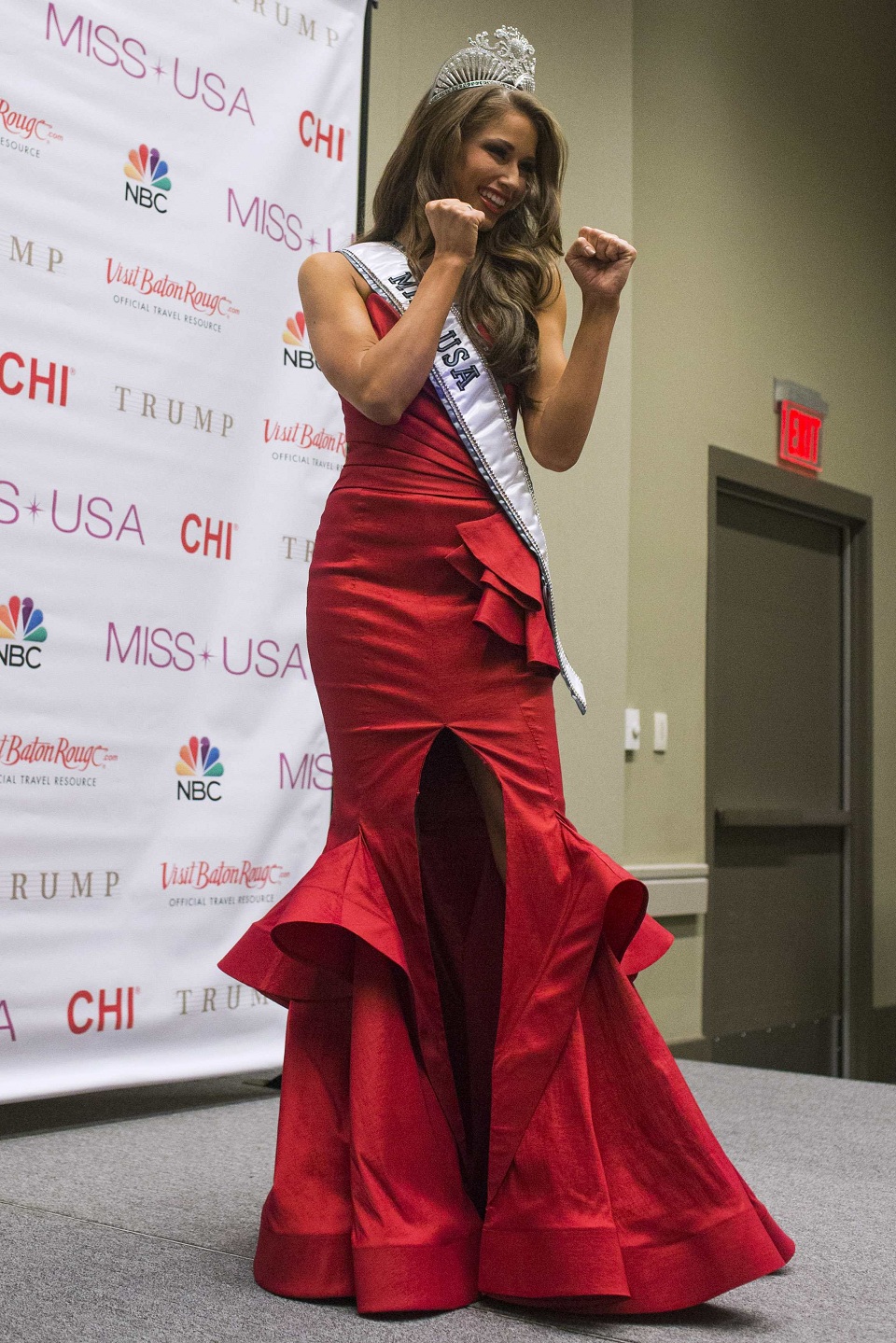 |
| Source |
The Corner with a View
Laughter is Love
Trigger warning: rape discussion
Miss Nevada, Nia Sanchez, is the the new Miss USA. Sanchez made headlines when she advocated women learning self-defense as a way to defend one's self against sexual attack. Miss Nevada is a fourth degree black belt in taekwondo, and her response is being construed as "victim blaming". Let's discuss why this is not a "win" for rape culture, but a practical measure for all women.
The Washington Post reported,
Miss Nevada, the ultimate winner, was asked about the epidemic of sexual assault on campuses. Rumer Willis inquired why colleges have “swept it under the rug.”
This is actually a serious question.
“I believe that some colleges may potentially be afraid of having a bad reputation and that would be a reason it could be swept under the rug, because they don’t want that to come out into the public,” Nia Sanchez said. “But I think more awareness is very important so women can learn how to protect themselves. Myself, as a fourth-degree black belt, I learned from a young age that you need to be confident and be able to defend yourself. And I think that’s something that we should start to really implement for a lot of women.”The comment the writer of the aforementioned article followed up by saying,
This is not a bad answer, although the problem of prevention isn’t a simple question of confident women learning self-defense techniques against Stranger Danger (Sanchez’s professed specialty). For one, it usually isn’t a stranger. For another, the onus shouldn’t have to be on women to become self-defense experts. It’s on everyone to establish a baseline of consent.But the general backlash is clear: Sanchez is victim blaming.


